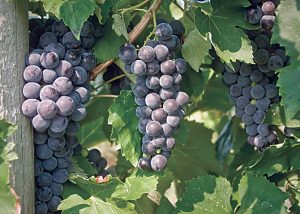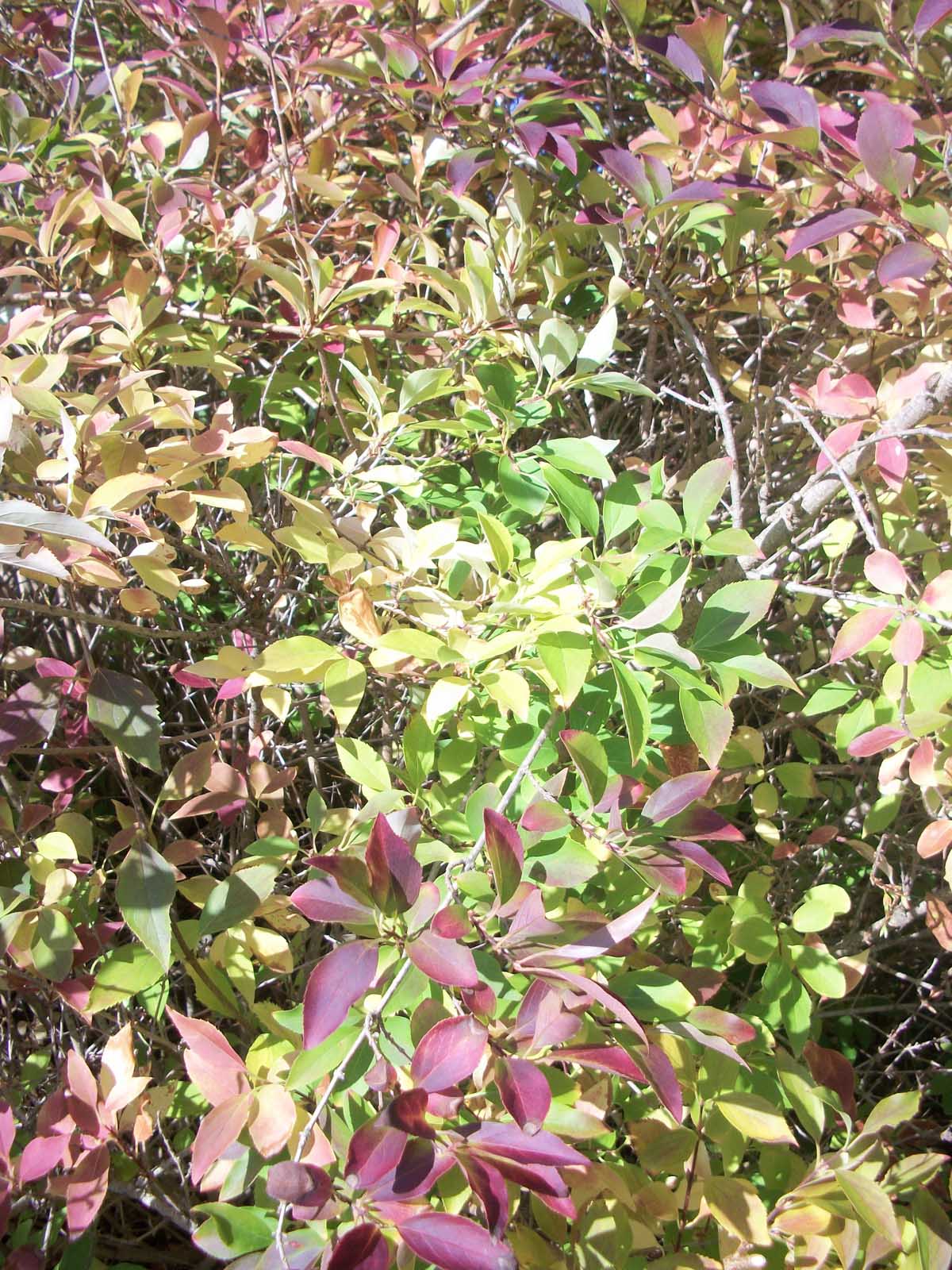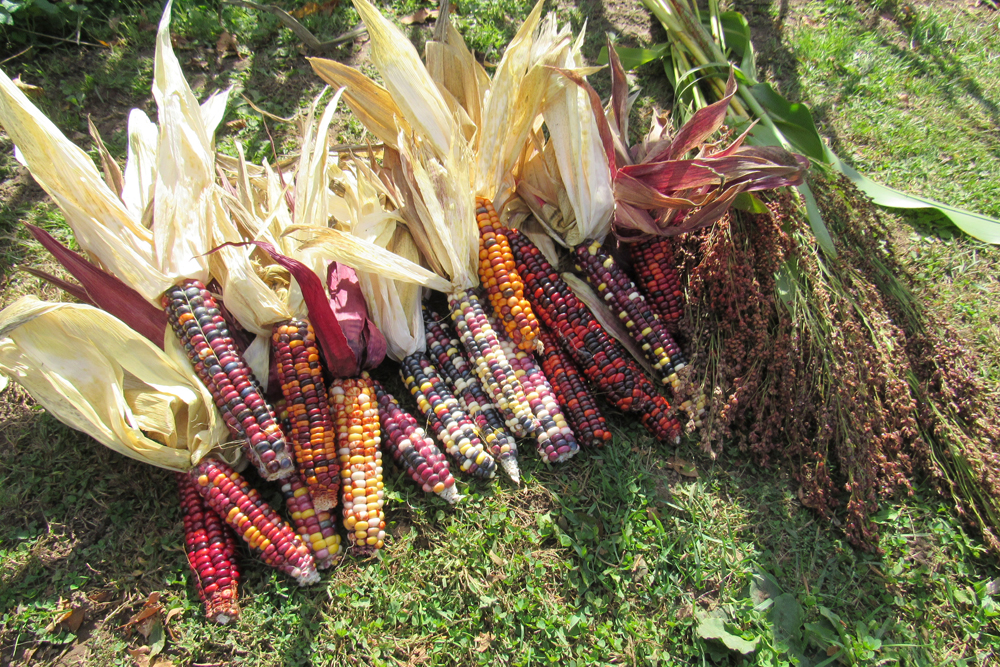New seedless grape variety from Cornell will appeal to home growers

Exciting news from Cornell University this month about the newest offering from their grape breeders. Everest Seedless is a cold-tolerant, blue-colored Concord-type grape with berries that are roughly twice the size of the traditional Concord.
The new variety is the first truly seedless Concord-type grape ever released, Cornell notes in an article published in the online Cornell Chronicle (news.cornell.edu) September 13. Everest Seedless is intended as a table grape – meant primarily for eating fresh, Cornell says. American Concords have typically been used for jams, juices and wines.
Bruce Reisch, professor of horticulture in the College of Agriculture and Life Sciences, and grape breeder with Cornell AgriTech, says, “We were looking to develop very flavorful grapes with large berries and large clusters, and we’ve achieved that with Everest Seedless.”
The name reflects a fruit that is as big and bold as the famous mountain in Nepal. “Everest is one of the largest mountains in the world, and this is one very large grape,” Reisch says.
Everest comes with characteristics that will make it appealing to local growers, including home growers. It is tolerant of midwinter temperatures as low as 10-15 degrees below zero Fahrenheit, and is moderately resistant to downy mildew and powdery mildew, which are the most troublesome diseases in the Northeast.
Additionally, Reisch reports that insects don’t seem to bother Everest. The variety thrived in research vineyards where insecticides were not applied. Cornell cautions, however, that insects could be a problem in other locations.
Reisch says that because Everest is relatively easy to grow and produces large, flavorful and seedless berries, it will become popular with home growers and professional growers. It is being exclusively licensed in the U.S. to Double A Vineyards in Fredonia, NY, for 10 years, Cornell reports.
The Everest variety grape was bred using a unique genetic approach, Cornell says. Most cultivated grape varieties have 38 chromosomes, but some contain 76 chromosomes. The larger number of chromosomes means naturally larger berries, but breeders need to carefully match crosses with varieties with equal chromosome number.
Back in the 1980s, Reisch traveled to Japan where he collaborated with plant breeders there, gathering pollen from some of their 76-chromosome grape varieties.
Cornell says the ancestry of Everest Seedless includes a range of varieties – two from Japan, as well as the classic American Concord and Niagara varieties and several other Cornell-developed grapes, such as Himrod and Ontario.
If you decide to add grapes to your landscape – remember to select a site with good air circulation; a spot with a slight slope is ideal. Drainage is another major consideration for grapes. A well-drained spot is important for keeping moisture out of the root zone. With the introduction of Everest Seedless, growing your own table grapes just got easier and more delicious.




